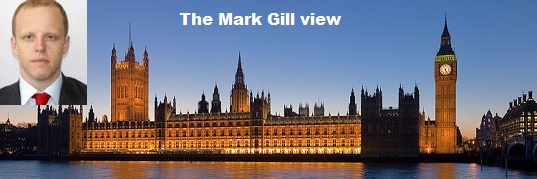It’s the economy stupid – right!

Popular wisdom dictates that the popularity of governments and their chances of re-election depend on the economic comfort of the voters, and many experienced campaigners would agree with that. And it ought to be truer than ever in times of crisis like these.
But is that what the data show? For a paper at the WAPOR conference being held in Gdansk, we looked at Ipsos* data covering 20 countries since 2007 measuring public perceptions of whether the economy is in a bad state, and compared it to election results, taken on a crude win or lose basis. And, yes, a pattern is clear enough to show up statistically – in broad terms, a government is more likely to be re-elected the more of the public think the economy is doing well.
But there are some startling exceptions. On the occasion when the public was happiest about the economy (Australia 2007), the government was voted out. In both Australia and Poland, the voters kicked out their governments when their citizens were happy with the state of the economy, and re-elected their governments when they were not.
What’s more, when we took the analysis further by analysing voting intention ratings between elections in the ten countries where we could get data, there was almost no relationship between perceptions of the economy and voting intentions. (We thought we had found one in Mexico, Spain and India; but it turned out that a simple straight line predicting a steady rise or fall in government support was a better predictor than using the economic data.)
It’s the economy? Stupid? Not usually, in most countries.
*Data from the regular Ipsos Global@advisor survey: a regular survey conducted in more than 20 countries
Mark Gill is former head of political research at Ipsos-MORI and co-author with Bob Worcester, Roger Mortimore, Paul Baines of Explaining Cameron’s CoalitionThis article as written by Bob, Roger as well as Mark.